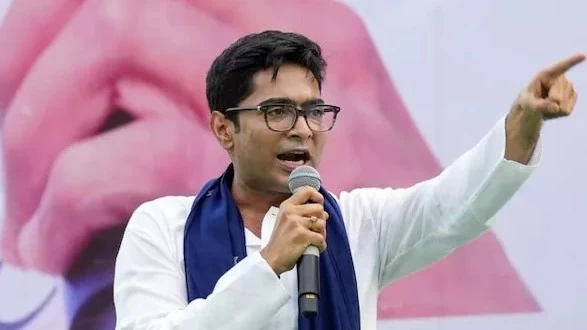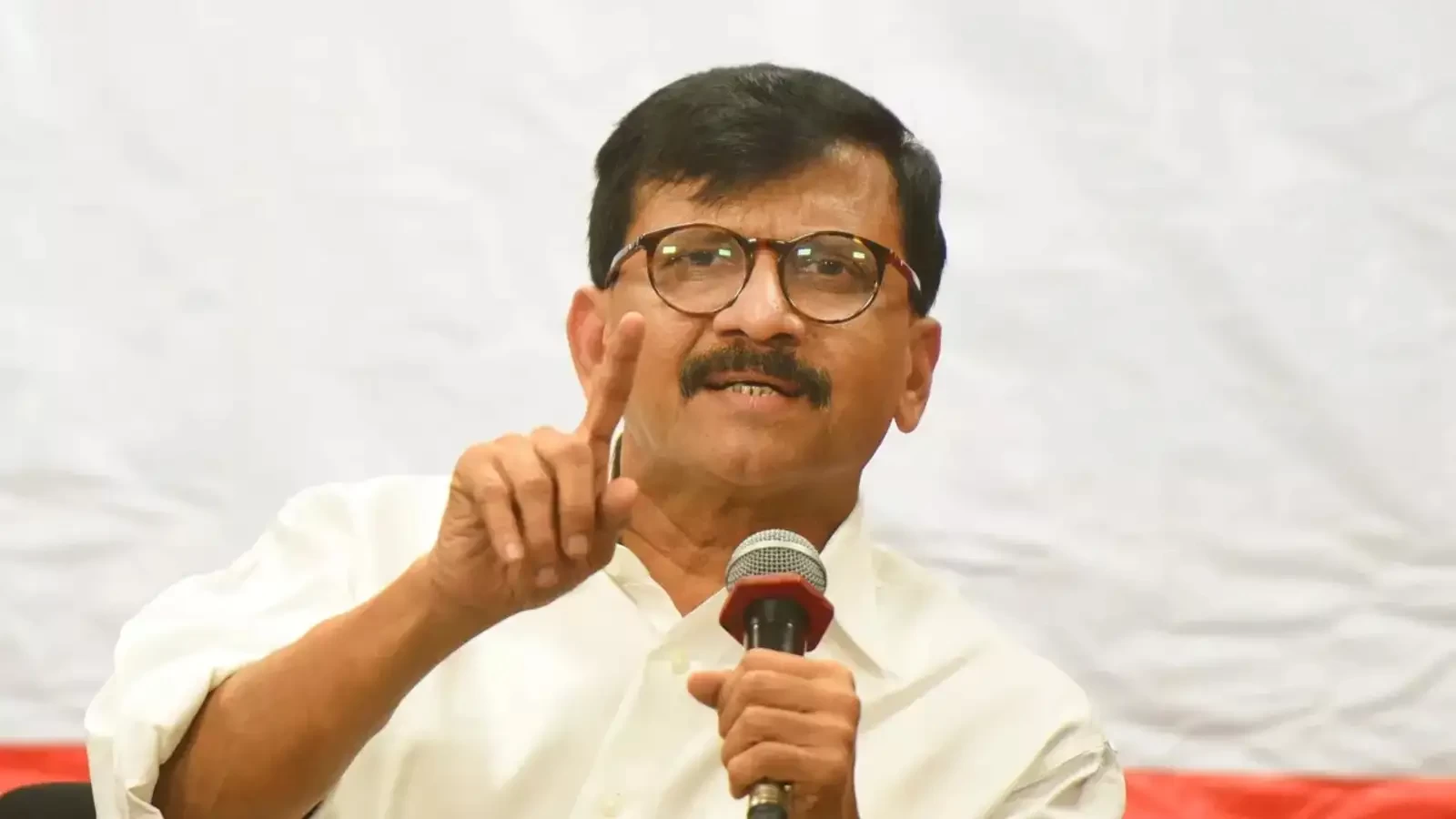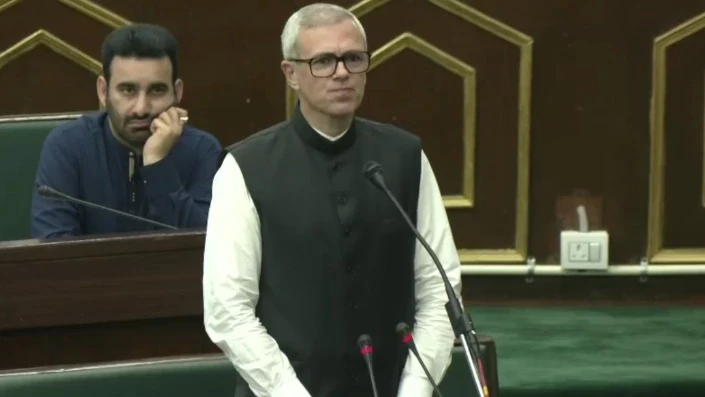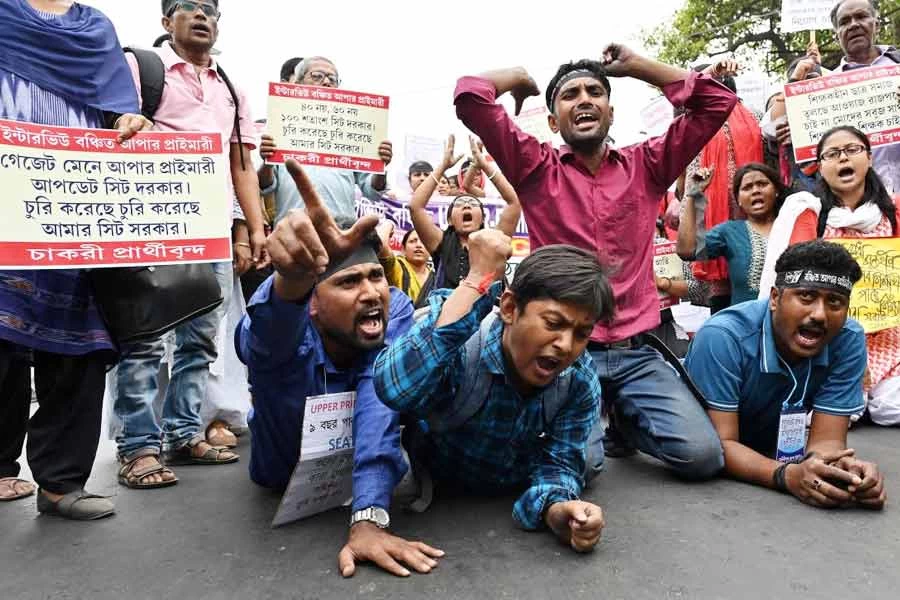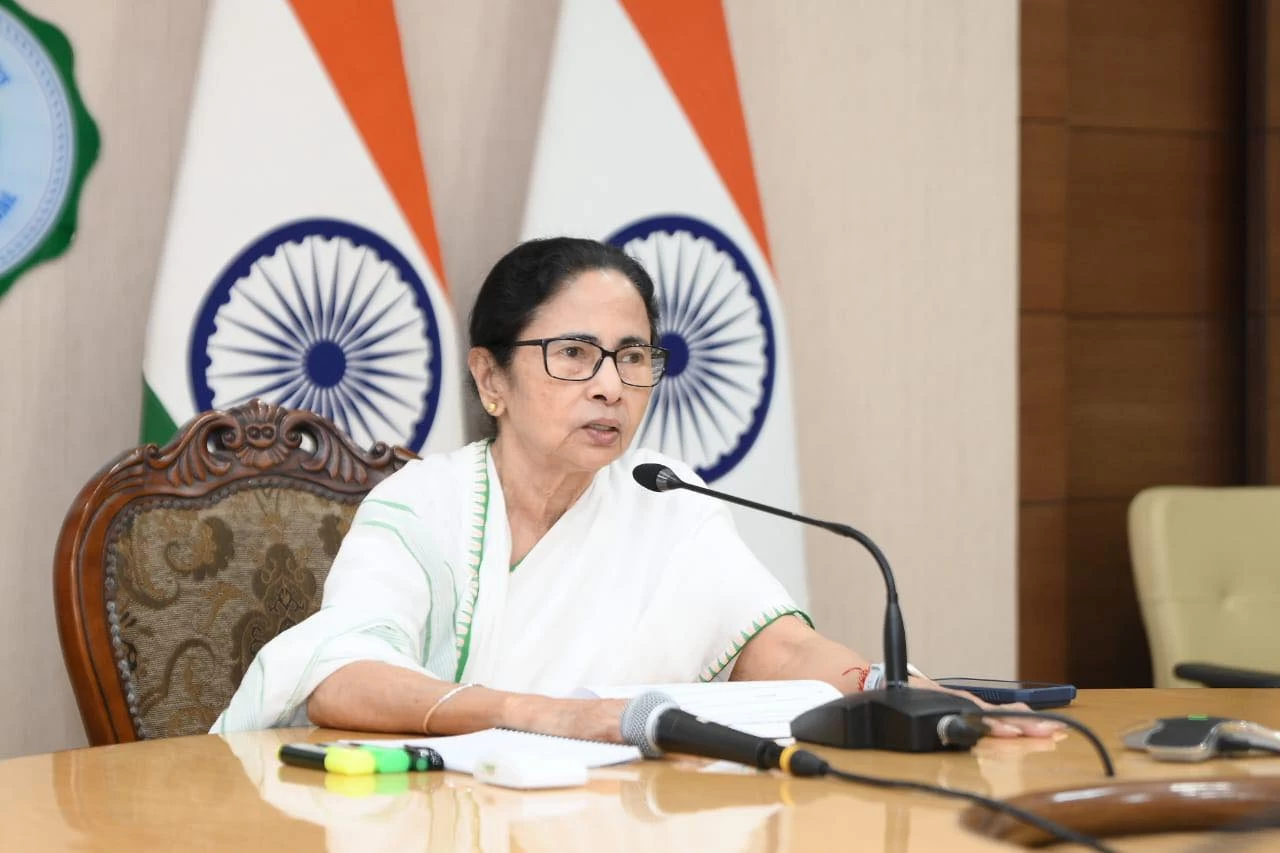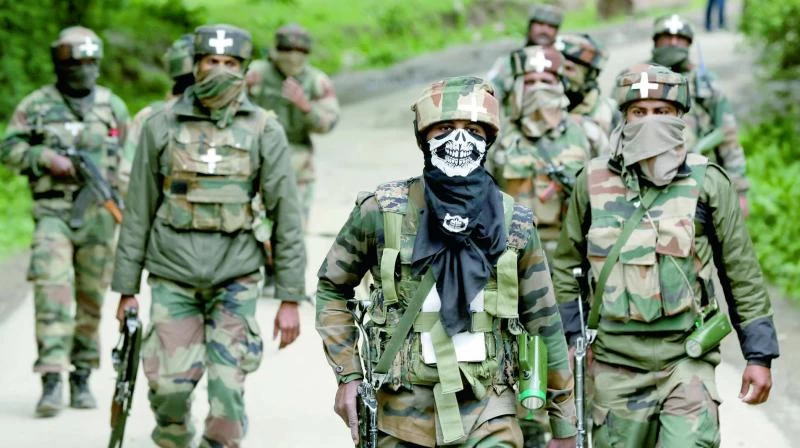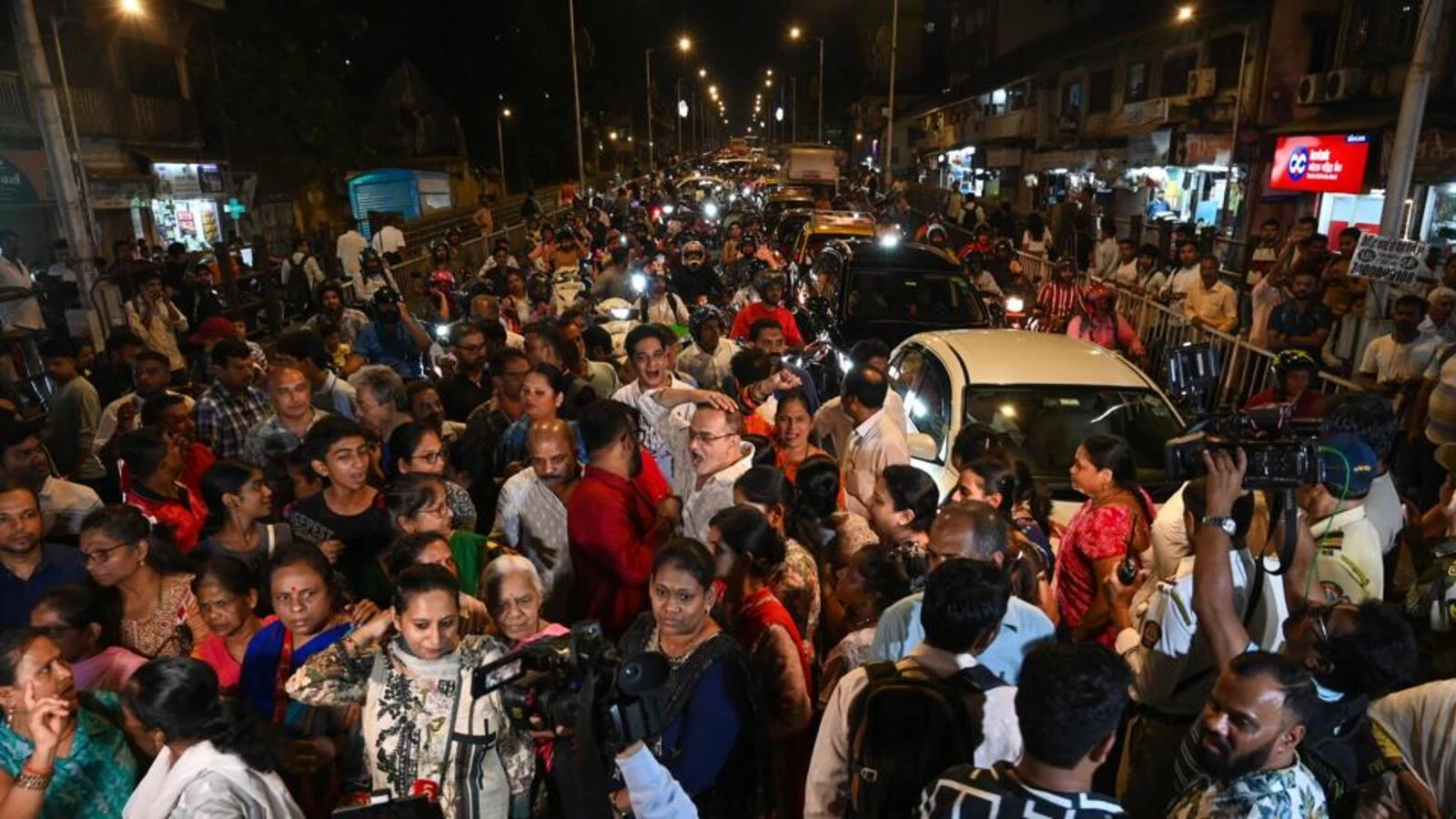Latest Updates
“MPs and MLAs liable to prosecution in bribe for vote cases”: Supreme Court overturns the 1998 judgment, says no immunity to MPs and MLAs in bribe for vote cases

The Supreme Court on Monday ruled that all MPs and MLAs are liable to be prosecuted under the Prevention of Corruption Act for accepting bribes for casting their votes or for making speeches in the house of the parliament. A seven-member bench headed by CJI DY Chandrachud overruled the 1998 PV Narasimha Rao judgment and observed that lawmakers cannot seek immunity under Articles 105(2) and 194(2) of the Constitution in cases of bribes for a vote.
“Articles 105 and 194 of the Constitution seek to create a fearless atmosphere where debate, deliberations, and exchange of ideas can take place within the Parliament and state legislature. For this exercise to be meaningful, members of the legislature and the persons involved in the work of any committee must be free from fear or favour induced into them by a third party. These members must be able to exercise their free will and conscience to enrich the functions of the House. This is exactly what is taken away when a member is induced to vote in a certain way, not because of their belief or position on an issue, but because of a bribe taken by the member,” noted the Supreme Court.
The seven-member bench comprising CJI DY Chandrachud, Justices AS Bopanna, MM Sundresh, JB Pardiwala, PS Narasimha, Manoj Mishra, and Sanjay Kumar overturned the 1998 PV Narasimha Rao judgment that exempted state legislators from prosecution in cases related to taking monetary benefits in lieu of casting their votes or delivering a speech in the Parliament, as an extension of the privileges conferred upon them by Articles 105(2) and 194(2).
The Chief Justice of India observed that as per the Prevention of Corruption Act, the act of accepting a bribe is complete when a lawmaker accepts monetary favors from a third party, irrespective of whether he or she delivers and casts her vote or gives a speech in accordance to the bribe that has been received. “The offense of bribery is agnostic to the performance of the aggrieved action and is crystallised on the exchange of illegal gratification. It does not matter whether the vote is cast in the aggrieved direction or if the vote is cast at all. The offense of bribery is complete at the point in time when the legislator accepts the bribe," observed DY Chandrachud.
The apex court also noted that while Parliamentary privileges are necessary for the functioning of the house, a member cannot be free from punishment for indulging in “unchecked exemptions from the operation of law of the land.” It further stated that MLAs found taking bribes for casting his or her vote for electing members of the Rajya Sabha are also liable to being prosecuted in accordance with the Prevention of Corruption Act. “Corruption and bribery of members of the legislature erode the foundation of Indian parliamentary democracy. It is disruptive of the aspirations and deliberative ideals of the Constitution and creates a polity which deprives citizens of a responsible, responsive, and representative democracy,” noted the Supreme Court.




